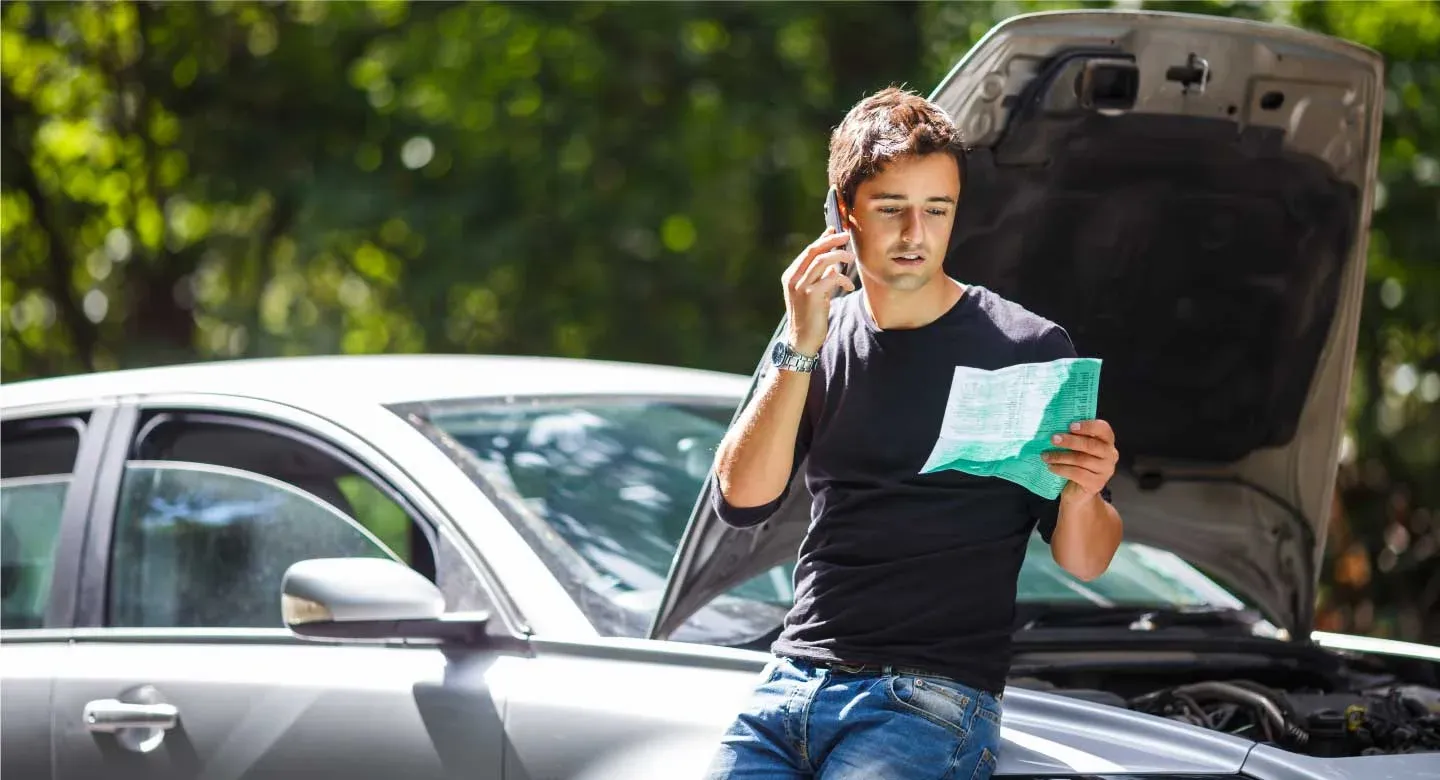Discover common fixes for car starting problems such as a bad or dead battery, blown fuse, and locked steering wheel. Learn how to tackle these issues effectively.
Troubleshooting car starting problems: Tips for quick fixes
Owning a car is not just about knowing how to drive, park or maintain the vehicle, it is also about understanding how to solve minor car-related problems by yourself if necessary. One of the most common problems that four-wheeler owners face is the problem of the car failing to start. While it can be caused by a wide range of issues, certain troubleshooting techniques may help resolve it in just a few minutes. If you want to learn those techniques, go through the contents of this blog.
Common issues related to a car not starting
Cars are complex machines as they contain numerous components that need to work properly to keep the vehicle running as usual. Here are some common problems that can cause a starting problem in cars:
Bad or dead battery: If the starting problem in your car comes with a cranking sound as you turn your keys or if the electrical components fail to turn on, then it can be a battery-related issue.
Faulty ignition switch: Another common culprit of a starting problem in cars is a faulty ignition switch, a component responsible for carrying power from the battery to the engine.
Locked steering wheel: If the steering wheel gets locked, it doesn’t allow the engine to start.
Blown fuse: A blown fuse in the starter or ignition circuit can also lead to a starting problem in cars.
Jammed fuel filter: A clogged fuel filter can prevent fuel from reaching the car’s engine, which may give rise to car starting issues.
Empty fuel tank: Sometimes, car starting problems can be caused by common factors like an empty fuel tank. So, if your fuel tank is empty or very low, try refuelling and then starting the car.
How do you troubleshoot and fix a car starting problem?
Now that you know some of the most common issues causing starting problems in cars, it is time to learn a few simple troubleshooting steps. Following are some steps you can consider:
Check terminals: Check the terminals to find if they are loose or dirty. If they are, make sure to clean and tighten them.
Jump start the car battery: If your car battery is dead, you can replace it. Otherwise, you can try jump-starting it with a fully charged battery from another car.
Key cycling technique: If your car fails to start and produces a clicking noise, then it might mean a weak battery. In that case, you may use this technique by inserting the key and turning it to the start position about 10 times, waiting five minutes and then trying to start the engine.
Check the starter motor: Check if there is any fault with the starter motor. If found, you can try tapping the motor a few times and then try starting the car.
Unflood the engine: If a smell of diesel or petrol comes as you try to start the car, your engine may be flooded. To unflood it, full press and hold the accelerator as you crank the engine.
Conclusion
These are some of the most common issues that lead to car starting problems. While some require intervention from professional mechanics, others can be solved by simple troubleshooting methods. If you face such issues and need a quick remedy, consider the tips mentioned above.
Additionally, having a comprehensive Car Insurance policy with suitable add-ons like Engine Protection Cover or Roadside Assistance can offer valuable support during unexpected car troubles, ensuring you're never left stranded.

Get Quick Quote


